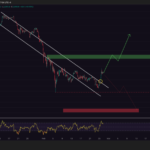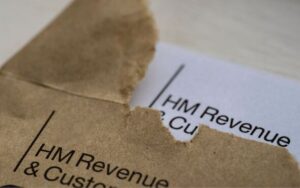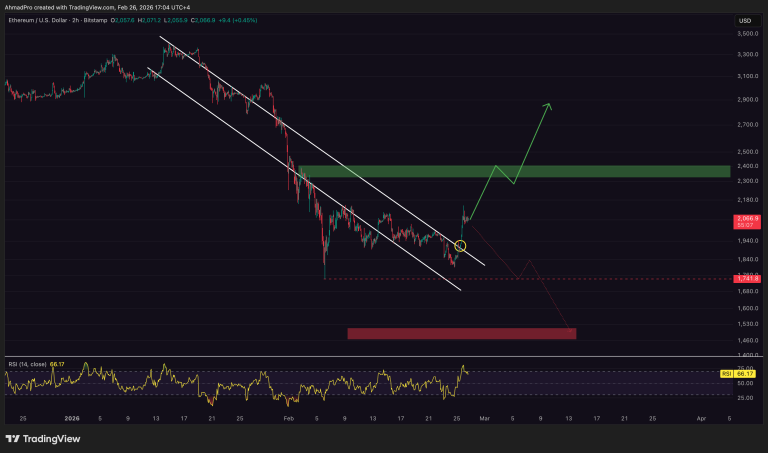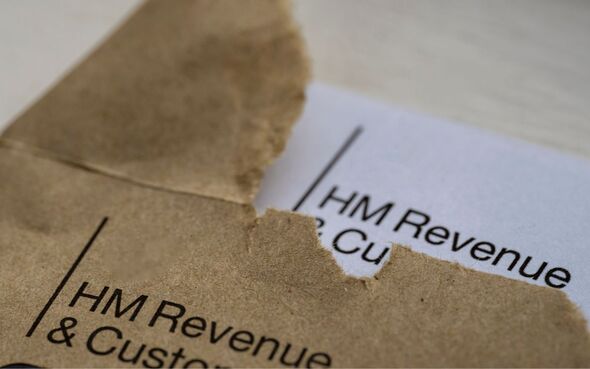
The DWP has today issued an update on the Winter Fuel Payment being scrapped and turned into a means-tested benefit after the benefit began to be paid out to pensioners this week.
A letter written by the Work and Pensions Secretary Liz Kendall has been published by the government today with an extensive update on the decision to end universal Winter Fuel Payments and make them only available to those on a qualifying benefit such as Pension Credit.
This week, those on Pension Credit began to receive their £200 to £300 Winter Fuel Payments, with more on the way for those on the qualifying benefit.
Ms Kendall admitted that new figures show the change to Winter Fuel Payments will plunge as many as 50,000 pensioners a year into poverty, but there appears to be no change in the decision to axe the payments for most pensioners despite this.
She wrote in the letter: “The modelling outlines estimates of the number of pensioners that are estimated to move into poverty as a result of this change.
“At the time of the original policy decision, the internal modelling showed that compared to the numbers that would have been in poverty without this policy, restricting Winter Fuel Payment eligibility would result in each year in question an estimated additional 100,000 pensioners in relative poverty after housing costs in 2025/26, 50,000 in both 26/27 and 27/28 and 100,000 in 28/29.
“For absolute poverty after housing costs, it is estimated that an additional 50,000 pensioners will be in poverty in each year in question from 25/26 to 28/29.
“However, this modelling has since been updated to incorporate more up-to-date OBR economic assumptions and to include the impacts in 24/25. Updating the economic assumptions changes the factors (wages, growth) affecting the median income and therefore using updated economic assumptions will change the projected poverty impacts.
“The latest modelling shows that compared to the numbers that would have been in poverty without this policy, it is estimated that in each year in question there will be an additional 50,000 pensioners in relative poverty after housing costs in 2024/25, 2025/26 and 2027/28, instead.
“The modelling also shows that an additional 100,000 pensioners are estimated to be in relative poverty after housing costs in 2026/27, 2028/29 and 2029/30. For all other measures of poverty it is estimated that there will be an additional 50,000 pensioners in poverty each year from 2024/25 to 2029/30.”
Kendall admitted that the numbers represent only the impact of the Winter Fuel Payment and nothing else.
She went on to add that the government has seen an increase in the number of people claiming Pension Credit, with a 152 percent rise in claims to enable pensioners to get their Winter Fuel Payment back, as well as ‘extra financial support’ with the £150 Warm Homes Discount.
But she insisted that the changes will secure the future of the Triple Lock too: “Means-testing Winter Fuel Payments was not a decision this government wanted or expected to take.
“However, we were forced to take difficult decisions to balance the books in light of the £22 billion black hole we inherited. Given the dire state of the public finances, it’s right that we target support to those who need it most while we continue our work to fix the foundations and stabilise the economy – which is the best way to support pensioners in the long term and is what has allowed us to deliver our commitment to the triple lock.”


















